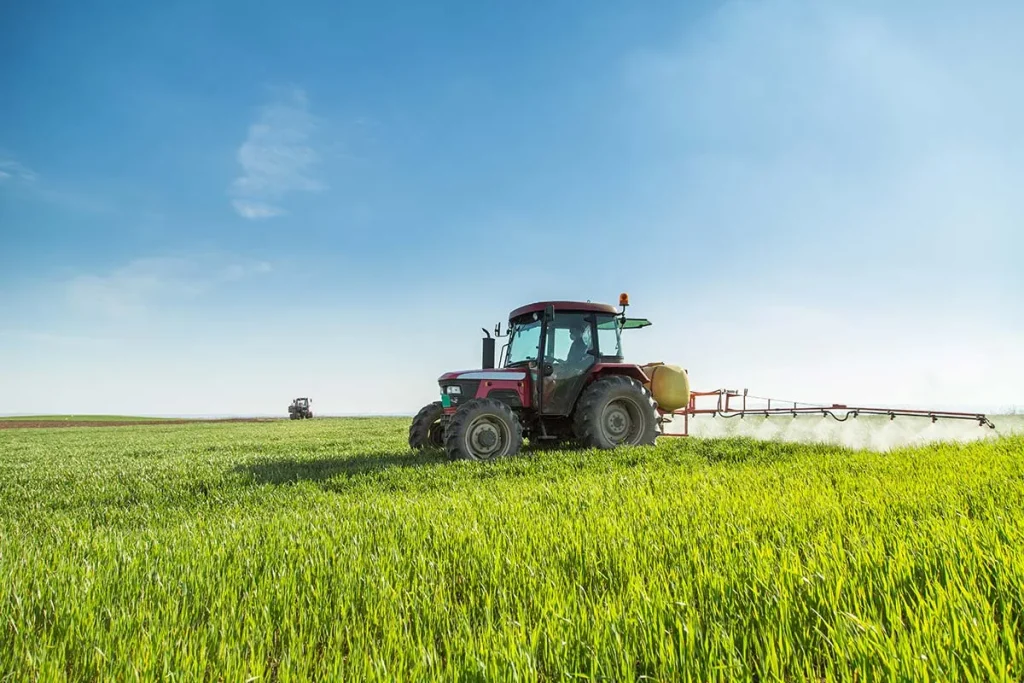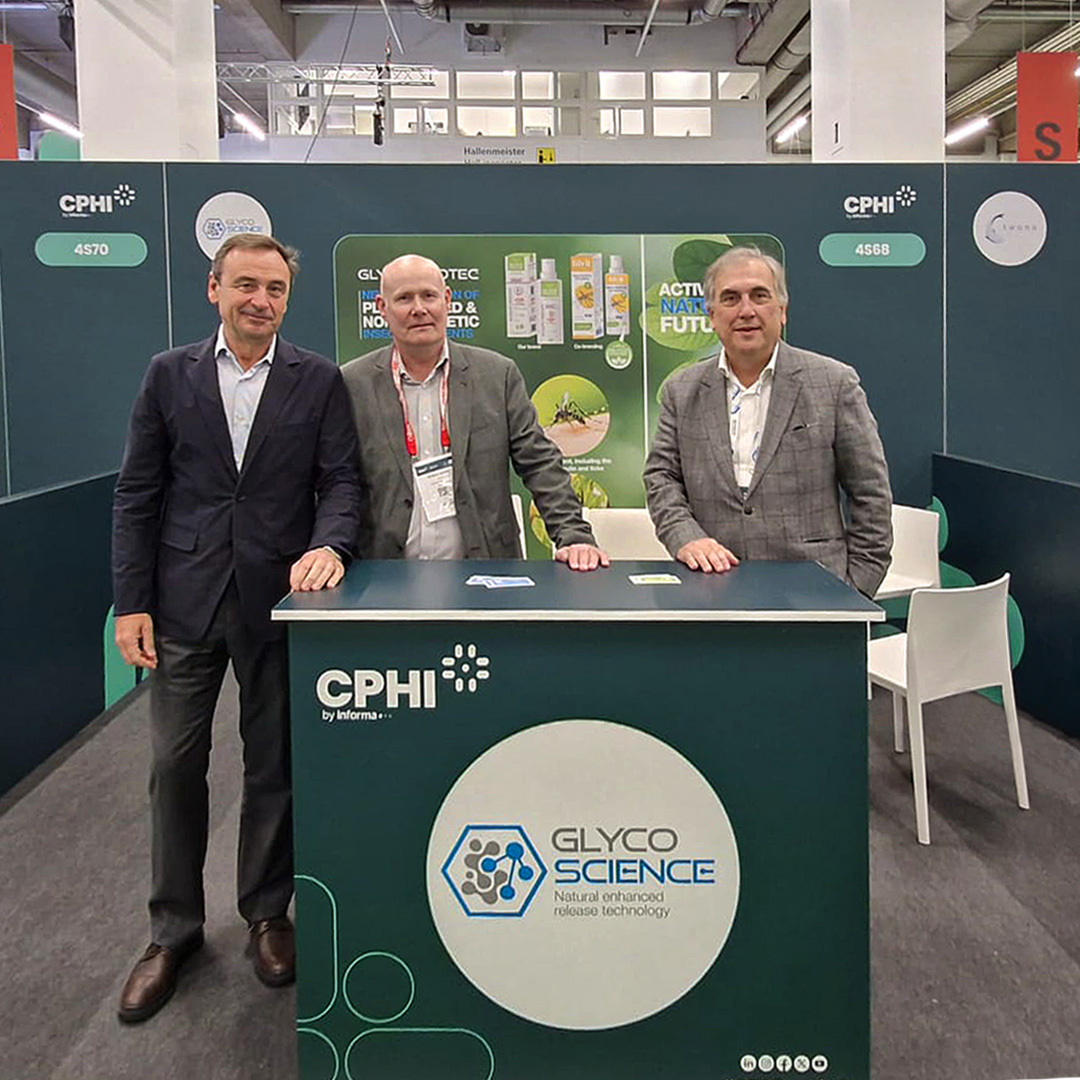
A global analysis published in Nature Communications, which reviews over 1,700 studies on the impact of pesticides in terrestrial and aquatic ecosystems, reveals an alarming conclusion: synthetic pesticides negatively affect a wide range of organisms, from pollinators to birds and essential soil microorganisms.
According to the report, products such as insecticides, herbicides, and fungicides not only promote resistance in pests but also disrupt critical functions like development, reproduction, and behavior in many species. These effects pose a direct threat to biodiversity and the sustainability of current agricultural systems.
What does Glycoscience propose?
At Glycoscience, we work to provide natural biotechnology-based alternatives to help minimize these effects. Our research focuses on:
- Biopesticides and biofungicides formulated with natural compounds released in a controlled manner.
- Non-volatile, residue-free herbicides with effectiveness comparable to synthetic products.
These innovations not only improve environmental and food safety but also align with new European and international regulations demanding a more sustainable and rational use of plant protection products.
The future of agriculture demands a paradigm shift, and Glycoscience is committed to leading this transition.
Study source: Nature Communications | Article in Der Spiegel










